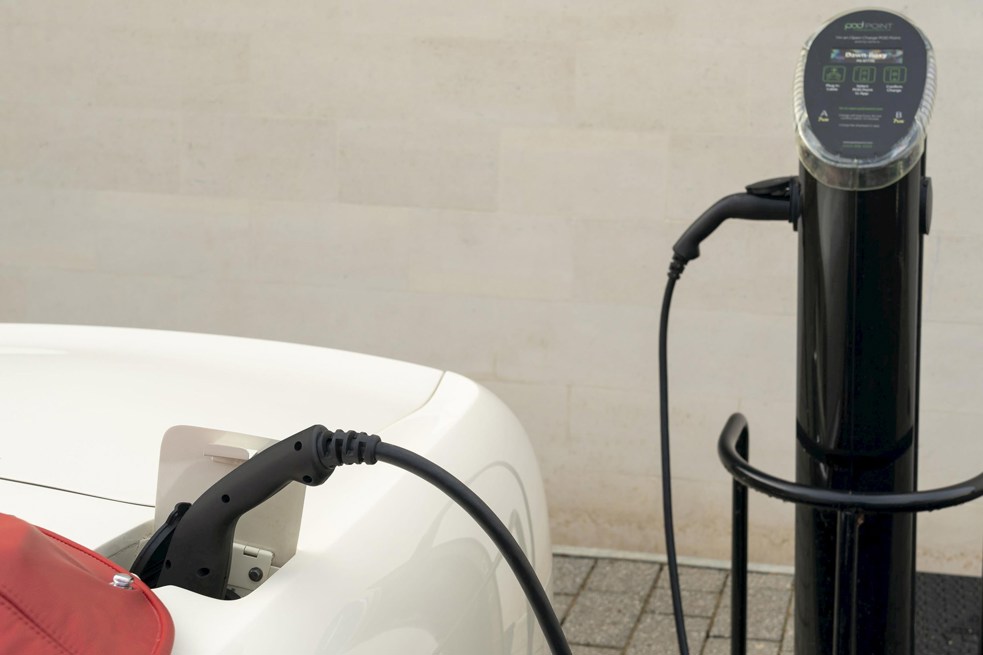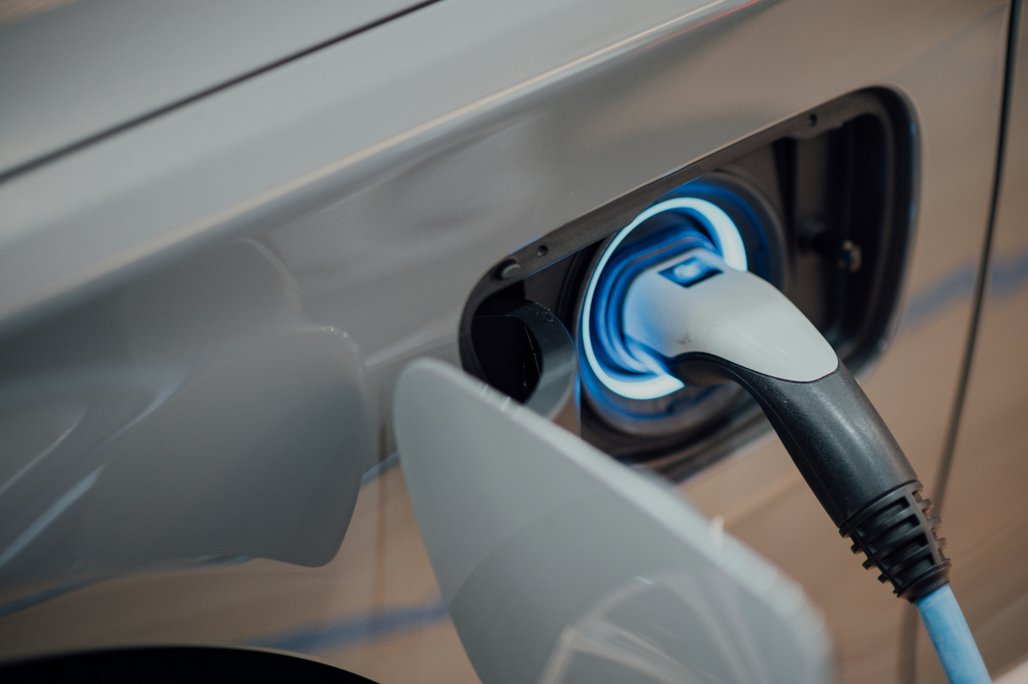In the era of climate change awareness and advancing technology, the electric vehicle (EV) has emerged as a compelling alternative to traditional internal combustion engine (ICE) cars. With their promises of reduced emissions, lower operating costs, and a smooth driving experience, EVs have garnered significant attention from consumers worldwide.
However, determining whether an EV suits your lifestyle and preferences involves careful consideration of a number of factors. This article aims to guide you through the decision-making process, helping you determine if an EV is the right choice for you before you check out which EV to buy in our Ultimate EV Buyers Guide.

1. Environmental impact
One of the primary reasons many people opt for EVs is their reduced environmental impact compared to petrol or diesel-powered vehicles. EVs produce zero tailpipe emissions, thus contributing to lower air pollution and mitigating climate change.
While it is true that the actual production of an EV is more carbon intensive, it doesn't take long for an EV to overcome that and quickly reduce its overall carbon footprint to around 40 percent that of an ICE vehicle. If reducing your carbon footprint and contributing to a cleaner environment are important to you, an EV could align well with your values.
2. Driving range and charging infrastructure
The driving range of an EV and the availability of charging infrastructure are crucial factors to consider. EV technology has improved significantly, allowing many modern models to achieve ranges comparable to conventional vehicles. However, it's essential to assess whether the range meets your daily driving needs and consider factors like your commute distance, frequent travel routes, and access to charging stations.
The availability of charging infrastructure also varies depending on your location. Urban areas typically have more charging stations, including fast chargers, making EV ownership more convenient. Conversely, rural areas might have limited charging options, potentially affecting your charging habits and overall driving experience.
3. Cost considerations
While the upfront cost of purchasing an EV can be higher than that of a traditional vehicle, there are long-term savings to consider. EVs generally have lower operating costs due to the lower cost of electricity compared to gasoline or diesel fuel. Additionally, EVs have fewer moving parts, resulting in reduced maintenance and repair expenses over time.
4. Lifestyle and driving habits
Your lifestyle and driving habits play a significant role in determining whether an EV suits you. Consider factors such as the need for cargo space, passenger capacity, and driving terrain. While many EVs offer ample cargo space and comfortable seating, they may not be suitable for some specific needs, such as long-distance travel or off-road driving.
Moreover, your daily driving routine influences the practicality of owning an EV. If you have a predictable commute within the vehicle's range and access to charging infrastructure at home or work, an EV may seamlessly integrate into your lifestyle. However, if you frequently undertake long road trips or live in an area with limited charging infrastructure, you may encounter challenges with an EV.
5. Consideration for home charging
Having access to home charging facilities will significantly enhance the convenience of owning an EV. If you have a dedicated parking space with access to electrical outlets, installing a home charging wallbox can provide you with a reliable and cost-effective way to charge your vehicle overnight. This eliminates the need to visit public charging stations frequently and ensures that your EV is always ready for your daily commute.
Conclusion
Deciding whether an electric vehicle suits you involves evaluating various factors, including environmental considerations, driving range, cost, lifestyle compatibility, technology features, and charging infrastructure. By carefully assessing these aspects and considering your individual preferences and needs, you can determine whether transitioning to an EV aligns with your goals and lifestyle.
While EV ownership offers numerous benefits, it's essential to conduct thorough research and weigh the pros and cons before making a decision. Ultimately, choosing the right vehicle involves finding a balance between sustainability, practicality, and personal preferences.

